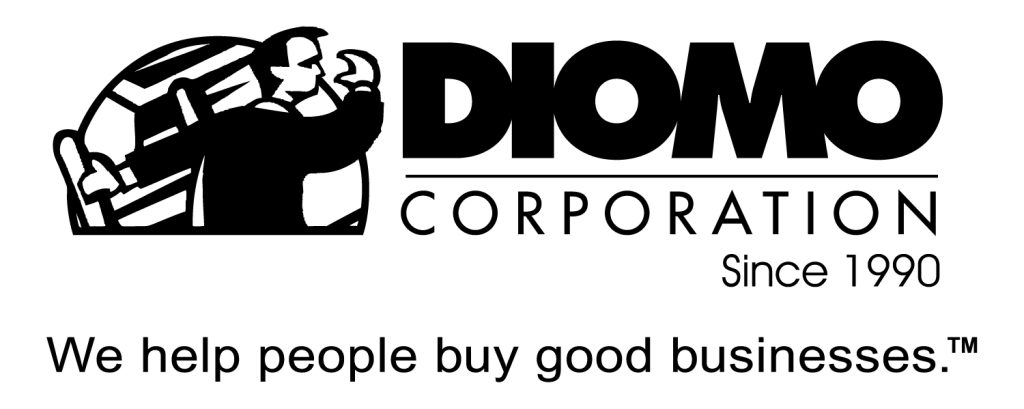Question:
I am looking at a do it yourself pool supply business that’s been around since 1977. They have a great reputation and are always busy. There are no nearby competitors. The sale price includes the building. I’m not really sure if I can (a) afford the real estate, (b) if I need it, and (c) how this impacts the valuation of the business and (d) is there anything else I should consider? The seller definitely wants to sell the real estate. Can you let me know your thoughts?
Answer:
This is an excellent question and you have obviously thought out the key concerns one should have in this situation. Let me address each one individually and provide you with the pros and cons of each scenario:
Can you afford it? Generally speaking, it is easier for you to obtain financing on the real estate portion of the business than on the business itself. If you are going to use a third party lender (outside of the seller), it is quite possible that they will want you to acquire the real estate as well. The cash down that you will need may vary between 10-20%. Some lenders require a higher percentage down when the building is owner occupied, meaning that the mortgage payments are in fact predicated upon the performance of the business. Others don’t care as much.
On the other hand, your primary goal has to be to sustain and build the business and so you need to determine if your capital will be better allocated to marketing and other strategies versus being tied up in real estate.
Also, have you discussed the possibility of the seller holding the mortgage? Doing so may even allow you greater leverage on then financing the business portion as well since they will have additional security and many sellers who provide financing for the business will feel more comfortable knowing that you’re in their building where they can keep an eye on you.
Do you need it? This is probably the best question to ask. The best answer lies in whether or not the business relies on the location to drive the business. Given that they have been around for nearly 30 years, it’s obvious that customers know their location well. If you do not buy the property then it behooves you to have a long-term lease with the owner. If that is not possible and you are forced to find a new location most customers will follow you but it is very possible that a competitor will try to open in the former premises. As such, the rule here is this: if the business depends upon the location to drive the sales, then you must either buy it, or have a long-term lease in place. If this is not the case, then you can consider whether it makes sense from a financial and investment perspective.
How it impacts the valuation of the business? It shouldn’t. The real estate should be valued as a stand alone entity using industry comps, current market factors, and other such criteria common with real estate valuations. Further, a certified appraiser should be engaged to determine the value.
One thing to consider is there can be a premium for the property if the business depends upon it to drive the revenue. Likewise, the value can be decreased if only this kind of business can be located there which one would see in cases such as nurseries, car dealers, etc.
Other Considerations: Personally, I usually like to avoid buying the real estate associated with the business initially because I almost always want to allocate as much capital as possible to building the business and for working capital of course. However, I would always be sure to keep my options open and suggest you do the same should you decide not to buy the real estate right now. To accomplish this you can:
- Include a Right of First Refusal clause in the purchase agreement so that in the event the seller gets an offer on the building after you own the business, you can match the offer;
- Take an option on the building with the seller that gives you the right to buy the building at a pre-determined price within the first 12 months or so. Normally, there is substantial consideration to be paid by you for this option; however, if you limit your option period to a year or less, you may get away without it. Although, with the way real estate is appreciating, it can be a bit of a sales job that’s needed.
As a final note, consider having the seller hold the mortgage on the building. You can likely negotiate a minimal down payment with them compared to a bank. You may want to consider a premium interest rate. Look at the various payment options available as you are usually better off to pay a higher rate and get a longer amortization to less severely impact the business’ cash flow.

